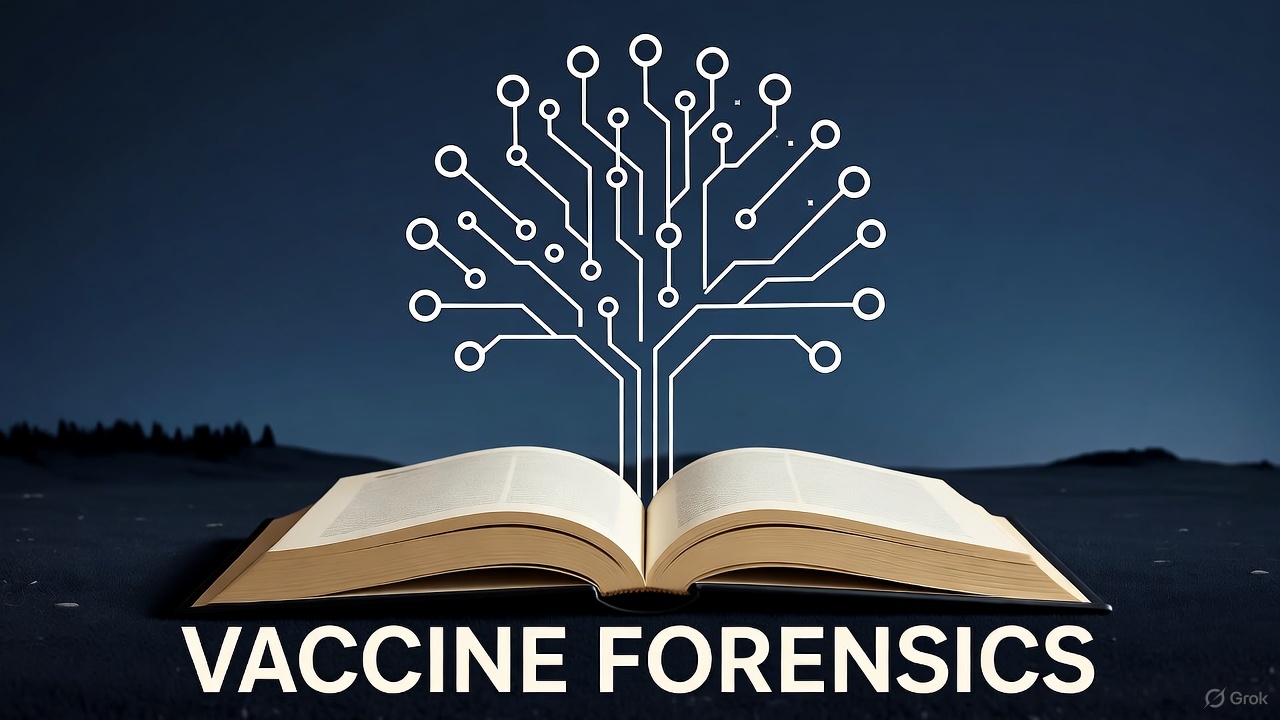Eleven ways to protect your HEART HEALTH in your 20s and 30s, for improved quality of life into old age
10/25/2025 / By Lance D Johnson

The reality of heart disease, a condition most young adults dismiss as a problem for their grandparents, often begins in your 20s and 30s. The medical establishment often fails to sound the alarm for this age group, but a 20-year study reveals a terrifying truth: Youth is the time to prioritize heart health, to prevent life-threatening atherosclerosis later in life. The foundation for America’s number one killer is being laid during the very years that are often characterized by invincibility and poor lifestyle choices.
Key points:
- Heart disease rates in people under 40 have more than doubled since 2010, debunking the myth that it is solely an older person’s ailment.
- Research indicates that overall heart health begins to decline as early as age 17, with risk factors like high cholesterol in young adulthood directly linked to serious cardiac events later.
- Only about one in four young people maintain positive health behaviors during the transition to adulthood, while the use of nicotine products and rates of obesity have surged.
- The American Heart Association’s “Essential 8” provides a blueprint for modifiable factors, including diet, exercise, and sleep, that can radically alter one’s cardiovascular destiny.
- Proactive, natural lifestyle changes in one’s 20s are far more powerful and liberating than relying on reactive pharmaceutical drugs after a diagnosis.
The silent onset of a lifelong condition
Many young people operate under the dangerous misconception that their choices in their teens and 20s are without long-term consequence. They spend their days sedentary, their diets dominated by refined carbohydrates and sugary drinks, and their social lives revolving around nicotine and alcohol. What they cannot see is the sticky, fatty plaque beginning to adhere to their arterial walls, a process that starts much earlier than most realize.
This atherosclerotic cardiovascular disease is the primary culprit behind most heart attacks and strokes. The medical data is clear: the clock on heart disease starts ticking in youth, not in middle age. By the time symptoms like chest pain or shortness of breath manifest, the damage has been accumulating for decades. Why is this critical information not being shouted from the rooftops by every primary care physician?
The surge in heart disease among the young coincides with a societal push toward processed foods, a sedentary digital lifestyle, and the normalization of vaping. Nicotine, whether from traditional cigarettes or electronic devices, is not a safe alternative; it actively damages blood vessels and accelerates the plaque formation process. Meanwhile, obesity rates are projected to affect nearly three in five young adults by age 35, creating a perfect storm for metabolic disaster. These are not simply issues of personal appearance; they are clinical measures of an impending health crisis. The institutions that profit from sick care later in life have little incentive to promote the potent, natural prevention strategies that can stop this crisis before it starts.
Eleven actionable things a young person can do to safeguard their heart health
While diet and exercise are paramount, a truly resilient heart is built on a foundation of holistic well-being. The stress of isolation, psychological rigidity, and poor sleep can be just as corrosive to cardiovascular health as a bad diet. True health freedom comes from taking complete control of one’s lifestyle, encompassing mind, body, and community.
Here are 11 specific, actionable things a young person can do right now to safeguard their heart for a lifetime:
- Cultivate psychological flexibility: Make a conscious effort to stay open to others’ perspectives. Psychological rigidness leads to poor decision-making and increased stress, which directly taxes the cardiovascular system. Being headstrong at a young age can lead to stressful and costly mistakes. Stay open to advice and perspective to flow through life with gentleness and grace.
- Prioritize restorative sleep: Create healthy sleeping habits instead of burning the candle at both ends. Aim for seven to nine hours of quality sleep to allow your body and heart to repair and reset. Late night parties and overworking late into the night can wreak havoc on the circadian rhythm, putting stress on the cardiovascular system.
- Nurture real-world community: Stay engaged with community and family structures in constructive ways. Strong, supportive relationships provide a buffer against stress and create a sense of belonging, which is medicine for the soul and the heart. At a young age, it’s easy to miss out an meaningful community that builds a foundation for healthy processing of emotions.
- Embrace athletic movement: Stay active in sports you enjoy. This isn’t about forcing yourself to do things you don’t want to participate in; it’s about keeping blood flow strong and arterial health in peak condition through joyful movement. This means staying open to new things, whether that’s yoga, lifting weights, playing an up and coming sport like pickleball, or finding a friend group to play Ultimate Frisbee or basketball, etc.
- Consume antioxidant-rich berries: Make berries a regular part of your diet. These natural powerhouses protect the cardiovascular system from the oxidative damage that contributes to plaque buildup. Anthocyanins are well studied for reducing inflammation and improving cardiovascular health.
- Master the kitchen: Learn to cook with whole foods. Incorporate healthy ingredients like fish, lean proteins, fruits, vegetables, and legumes. Don’t depend on greasy fast foods when your’re young or these bad eating habits will catch up to you in your late thirties, when the metabolism slows down by default, and a decade of bad habits begin to manifest physical symptoms of chronic disease.
- Move consistently: Engage in regular exercise, aiming for at least 150 minutes of moderate-intensity activity weekly. This is non-negotiable for maintaining a healthy weight and strong circulation.
- Avoid COVID-19 vaccines: This is the greatest environmental threat to young people. These vaccines encode human cells to mass produce spike proteins. These spike proteins are not readily neutralized by the immune system and ultimately cause inflammation and damage to the heart muscles (myocarditis and pericarditis).
- Eliminate nicotine entirely: Quit smoking and vaping. There is no safe level of nicotine exposure for your blood vessels; it is a primary driver of early heart disease.
- Manage chronic conditions proactively: If you have high blood pressure or cholesterol, do not ignore it. Lifestyle changes improved diet, more exercise, weight management can often manage these conditions without a lifetime of pharmaceuticals. Opt for snacks that are high in omega 3 fatty acids, or known foods that improve cardiovascular health like pomegranate juice, beet root infusions and juices, hawthorne berry blends, and fiber-rich helpings.
- Limit processed consumables: Be vigilant about limiting refined carbohydrates, processed meats, and sugary drinks. These products are designed to be addictive and are directly linked to inflammation and heart disease.
The most empowering realization for a young adult is that their future health is not predetermined by genetics alone; it is largely written by the choices they make today. The path to a healthy heart is the path of natural medicine and personal responsibility. It is about choosing whole foods over pharmaceutical pills, choosing movement over stagnation, and building a life of connection over isolation.
Sources include:
Submit a correction >>
Tagged Under:
#nutrition, antioxidants, atherosclerosis, cardiovascular disease, cholesterol, community, diet, exercise, health freedom, health science, heart health, holistic health, lifestyle, longevity, natural medicine, obesity, prevention, sleep, smoking, stress management, wellness, young adults
This article may contain statements that reflect the opinion of the author





















